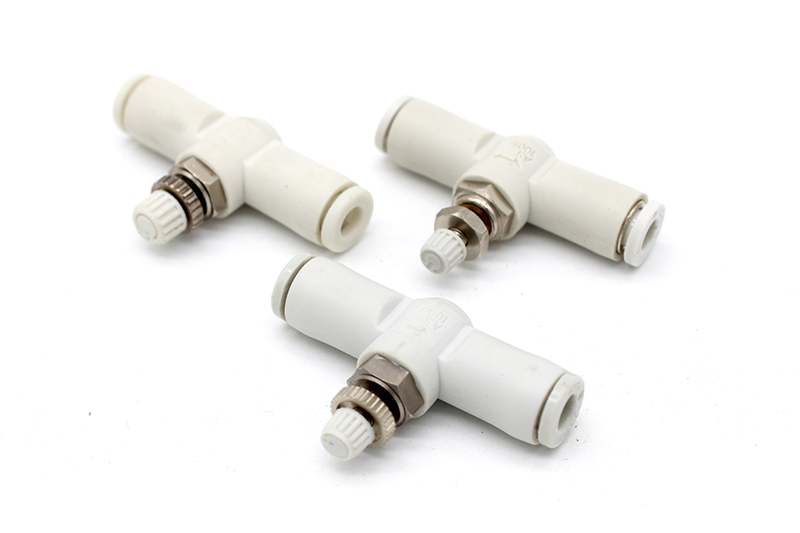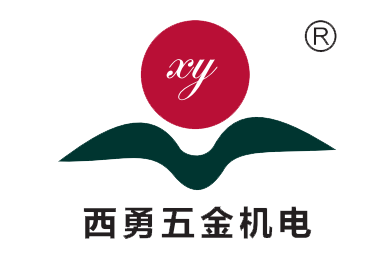Regulating valves are essential key components in modern industrial automation control systems, widely used in various fields such as chemical, petroleum, power, metallurgy, and natural gas. The following are the main applications and functions of regulating valves in industry:

1. The main function of the regulating valve
The core function of a regulating valve is to precisely control parameters such as fluid flow rate, pressure, and temperature by changing the flow area between the valve core and seat. It can achieve the following functions:
Flow regulation: By changing the opening of the valve, the fluid flow rate can be precisely controlled.
Pressure regulation: Adjust the pressure in the pipeline to ensure that the system operates within a safe range.
Temperature regulation: Optimizing the process by controlling the temperature of the fluid.
2. Types and characteristics of regulating valves
There are many types of regulating valves, and according to different working conditions and control requirements, common classifications include:
Classified by executing agency:
Pneumatic control valve: driven by air pressure, with fast response speed, suitable for automation control systems.
Electric control valve: driven by an electric actuator, suitable for working conditions with high degree of electrification.
Hydraulic control valve: used in special situations where liquid pressure is required as the driving source.
Classified by adjustment function:
Flow control valve: used for precise control of fluid flow.
Pressure regulating valve: used to regulate pipeline pressure.
Temperature regulating valve: used to control fluid temperature.
Classified by valve body structure:
Single seat regulating valve: suitable for regulating small and medium flow rates.
Double seat regulating valve: suitable for high flow and high pressure applications.
Sliding valve regulating valve: used for low flow and high-precision control applications.
3. Application scenarios of regulating valves
Regulating valves play an important role in multiple industrial fields, with specific applications including:
Chemical industry: used to control the pressure, temperature, and flow rate in reaction vessels to ensure stable reaction processes.
Oil and gas industry: used to regulate the pressure and flow of oil and gas, ensuring the safe operation of pipeline systems.
Power industry: used to regulate the flow of steam and cooling water, optimize the operation of generator sets.
Metallurgical industry: used to control the gas flow and temperature inside the furnace, optimize the smelting process.
Pharmaceutical industry: used for precise control of temperature, pressure, and flow during drug production to ensure drug quality.
Food and beverage industry: used to regulate the flow and pressure of liquids to ensure product quality and production efficiency.
Heating, Ventilation, and Air Conditioning (HVAC): Used to regulate the flow of cold water, hot water, and steam to maintain stable indoor temperature.
4. Intelligent development of regulating valves
With the advancement of automation technology, intelligent regulating valves are gradually becoming popular. The intelligent regulating valve integrates sensors, controllers, and actuators, which can monitor fluid parameters in real time and automatically adjust valve opening. In addition, the intelligent regulating valve can also communicate with the upper computer or control system to achieve remote monitoring and operation.
5. Advantages of regulating valves
High precision control: capable of achieving very precise flow, pressure, and temperature regulation.
High degree of automation: linked with the control system, achieving fully automated operation and reducing manual intervention.
Fast response speed: able to quickly respond to control signals and adapt to transient changes in working conditions.
Remote control: achieve remote monitoring and adjustment through network or other communication methods.
In summary, regulating valves play an important role in industrial production by precisely controlling fluid parameters to ensure efficient, stable, and safe operation of the production process. With the continuous advancement of technology, the application of regulating valves will become more widespread, providing strong support for industrial automation and intelligence.
Prev:The role of solenoid valves in the industrial field
Next:Pressure Gauge: a tool for precise measurement and pressure control







